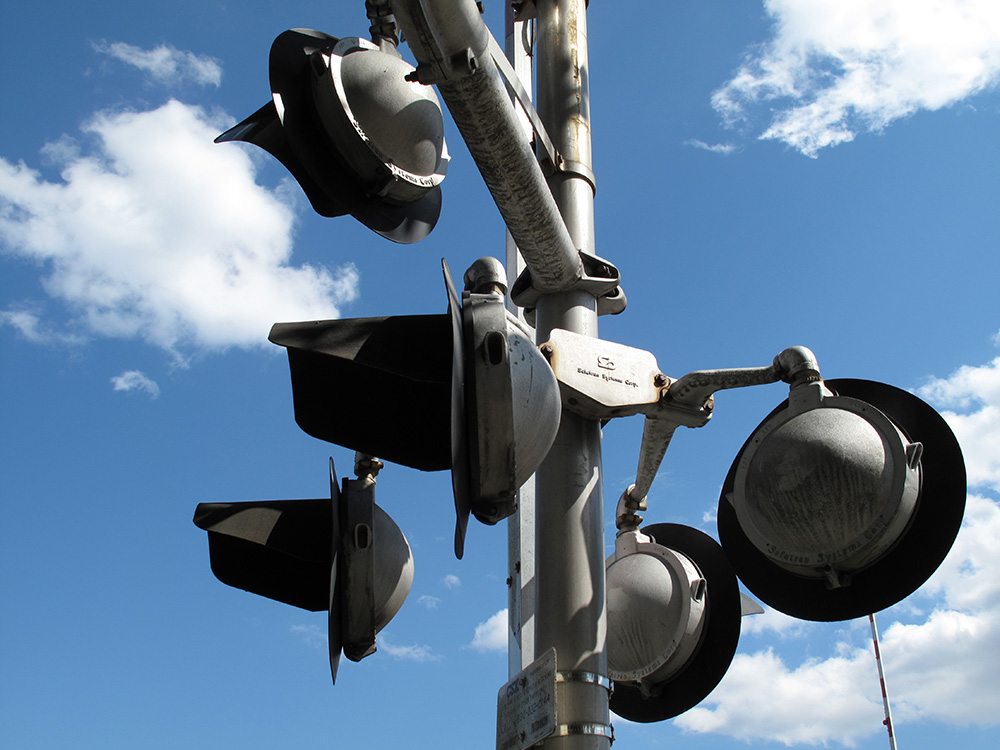Privacy

As a friend sometimes reminds me, the less social we are, the less social we become, and that’s exactly why it’s good that I didn’t spend yesterday morning out of town. Brunch was served at the James House, you see, and I was there … being well-adjusted, for a change.
So picture if you will the four of us eating together privately, front door closed.
Mid-way through the meal, one of us gets up to take a picture of the rest of us and the conversation doesn’t skip a beat. I concentrate on the potato casserole.
Later that day, when I mention the brunch to a friend who lives out of town, he says, “Yes, I know.”
“You know?”
“I saw the picture.”
“The picture?”
“On Facebook.”
Of course. Facebook. The meal, my bathrobe, my house slippers, me hunched over a plateful of food … suddenly a matter of public record. Suddenly subject to review and comment by whomever. Forever.
Amen.
But I don’t fault the photographer. According to socialmediatoday.com, 41.6% of us — almost every other person in the country — has a Facebook account. The fact that I don’t have one myself is no excuse for failing to anticipate that such a photo, particularly one taken by someone under the age of 30, might be available to hundreds of millions of people in less time than it took us to wash the dishes.
Just as it’s the responsibility of a person being interviewed to tell the reporter when something is off the record, so it has become each individual’s responsibility to tell people taking pictures of him that he’d rather those pictures not be posted online.
To take arms against a sea of troubles, and by opposing, end them.
Fat chance.
For better or worse, picture-taking devices are ubiquitous today and physical scrapbooking, while it persists as a niche craft, has been replaced by the Facebooks and Photobuckets of the world. Asking people not to publish their photos is like asking them to take no photos at all.
It’s like being an asshole.